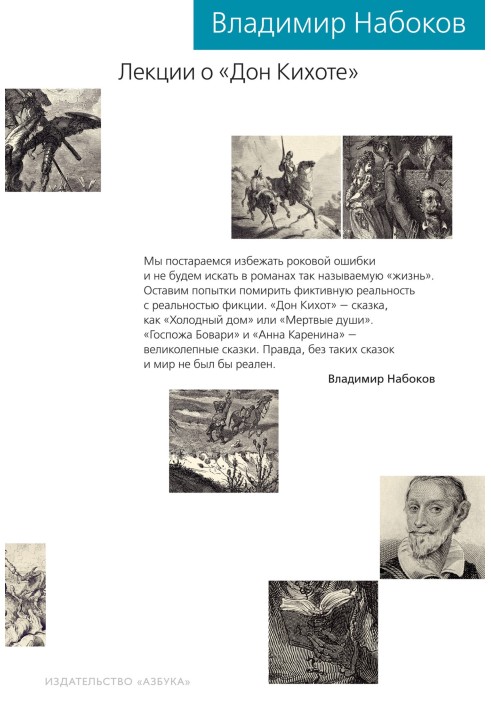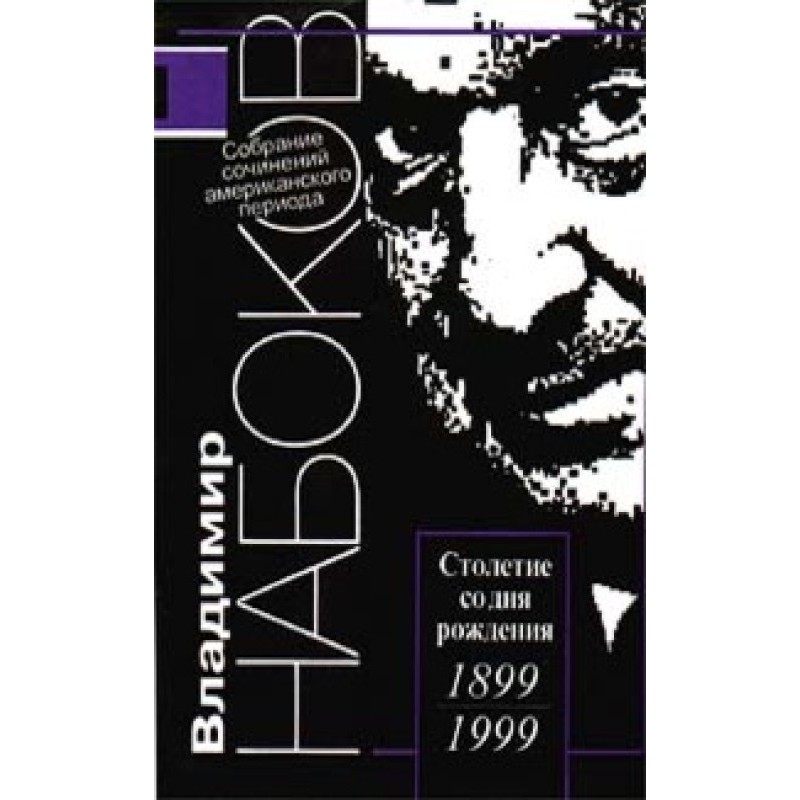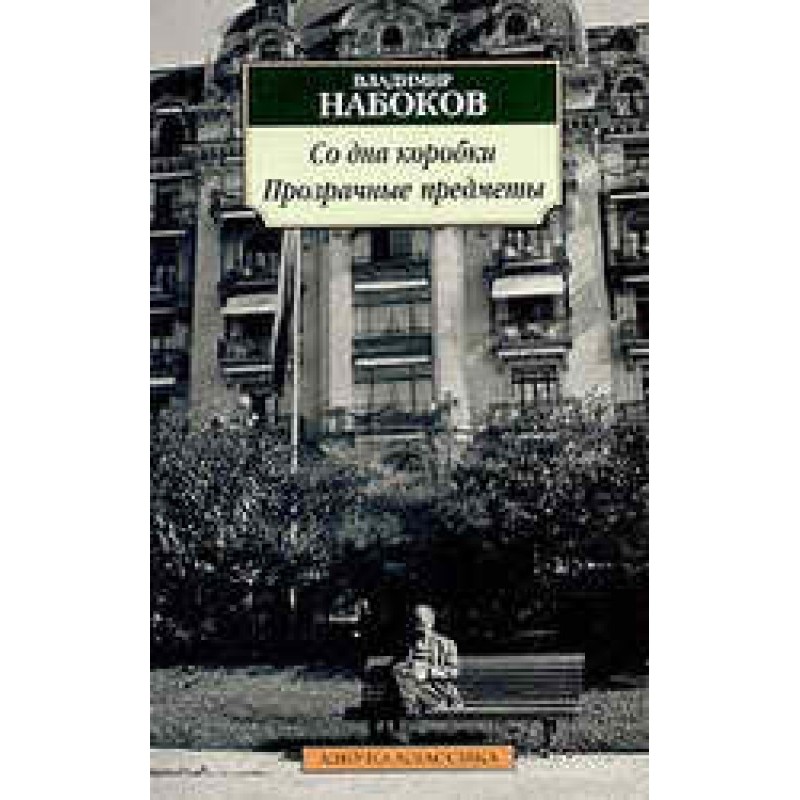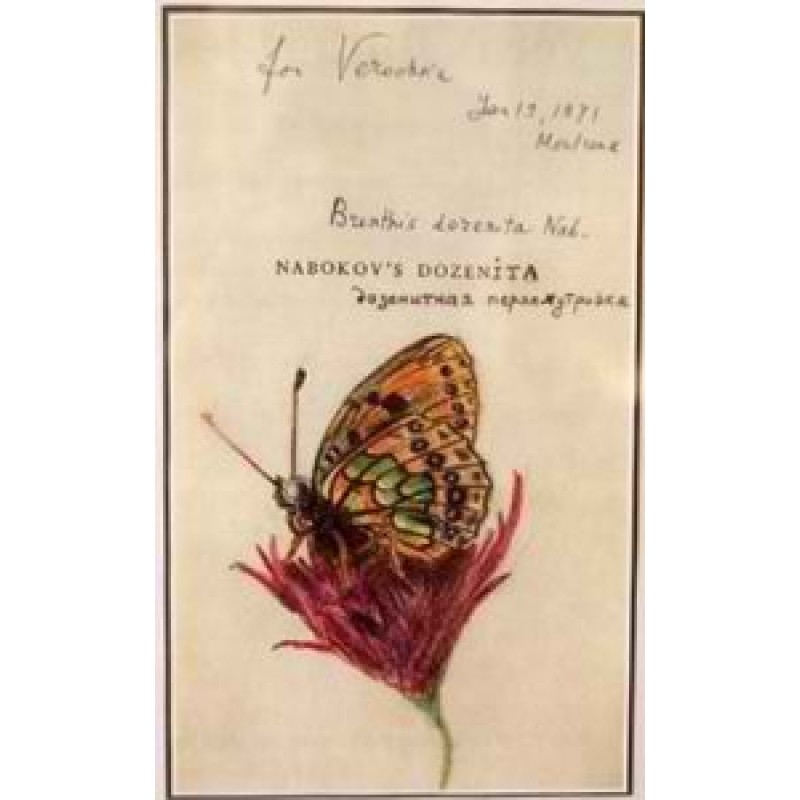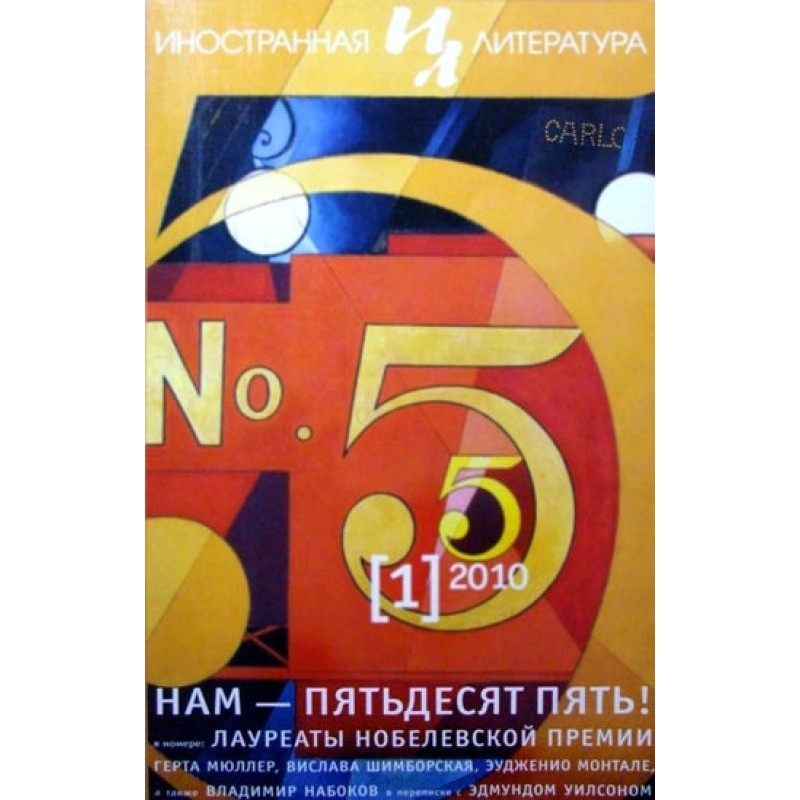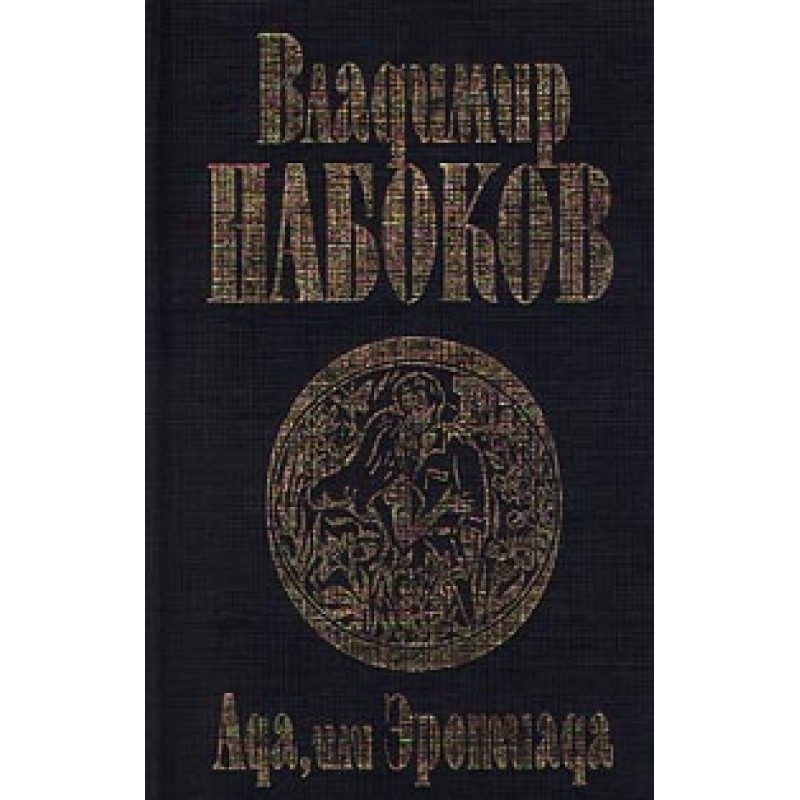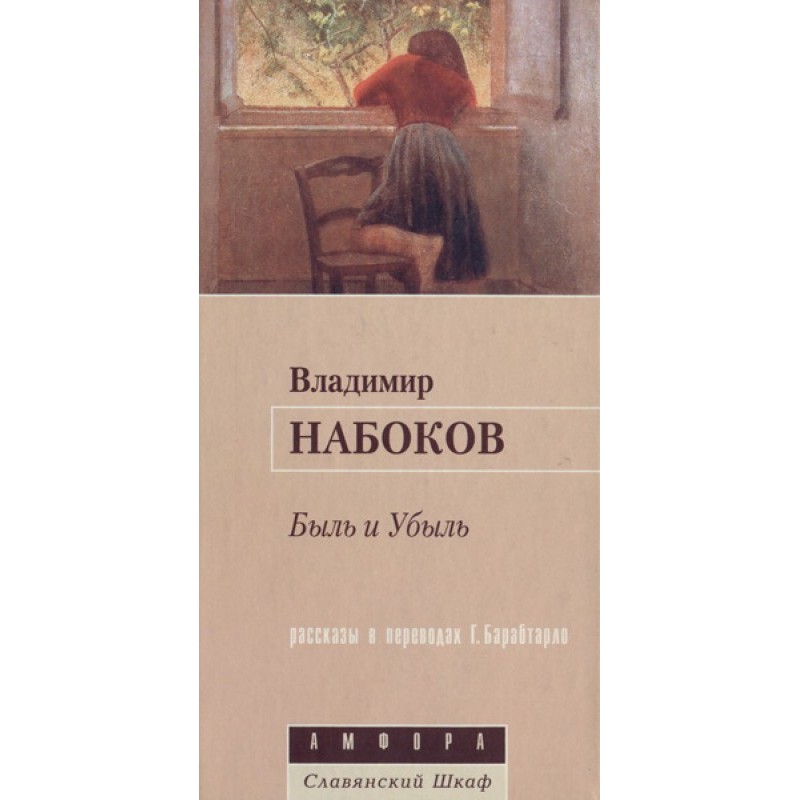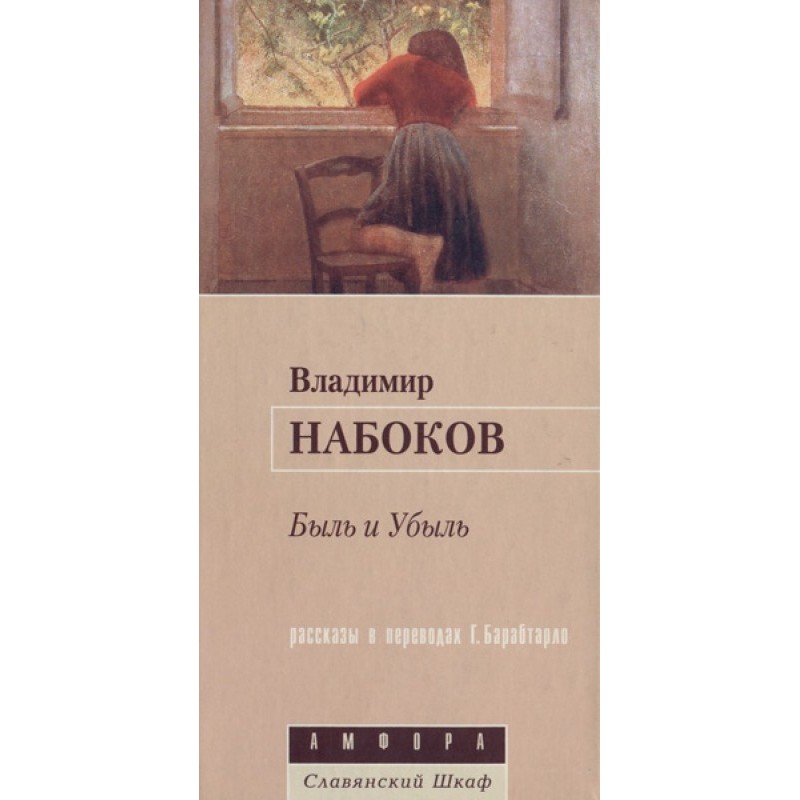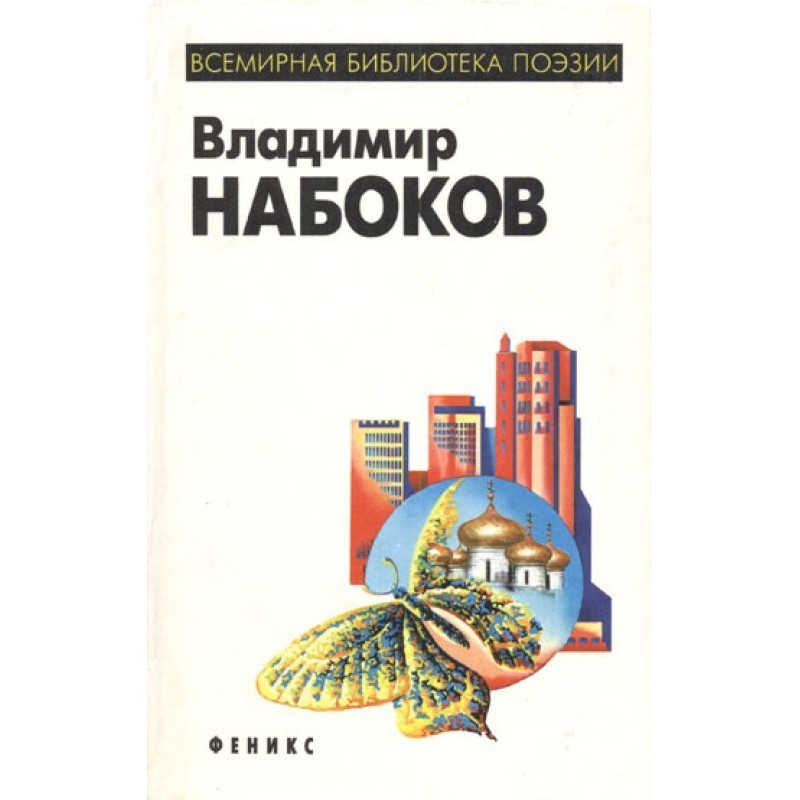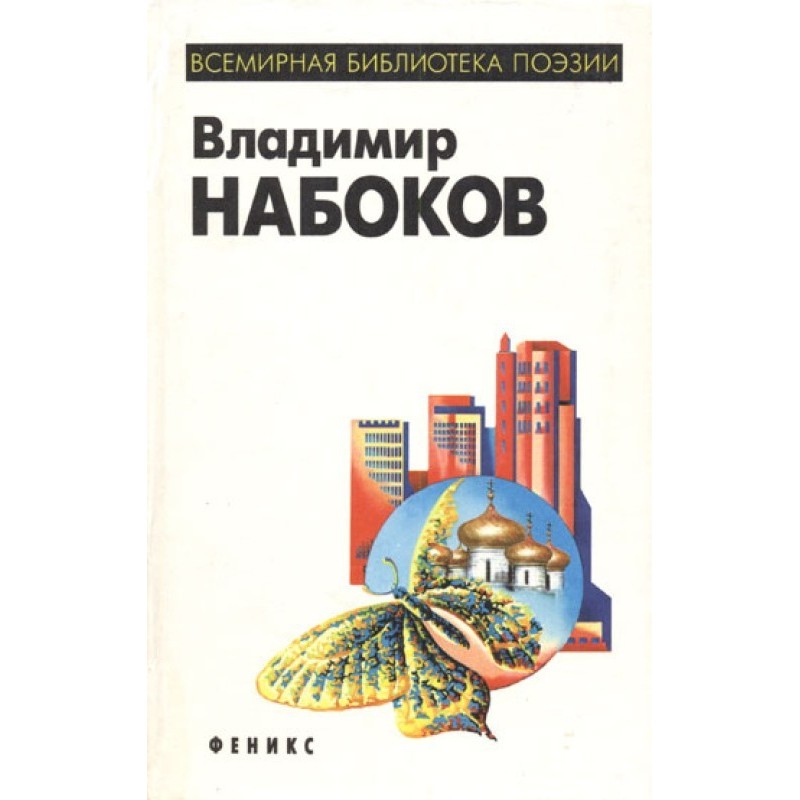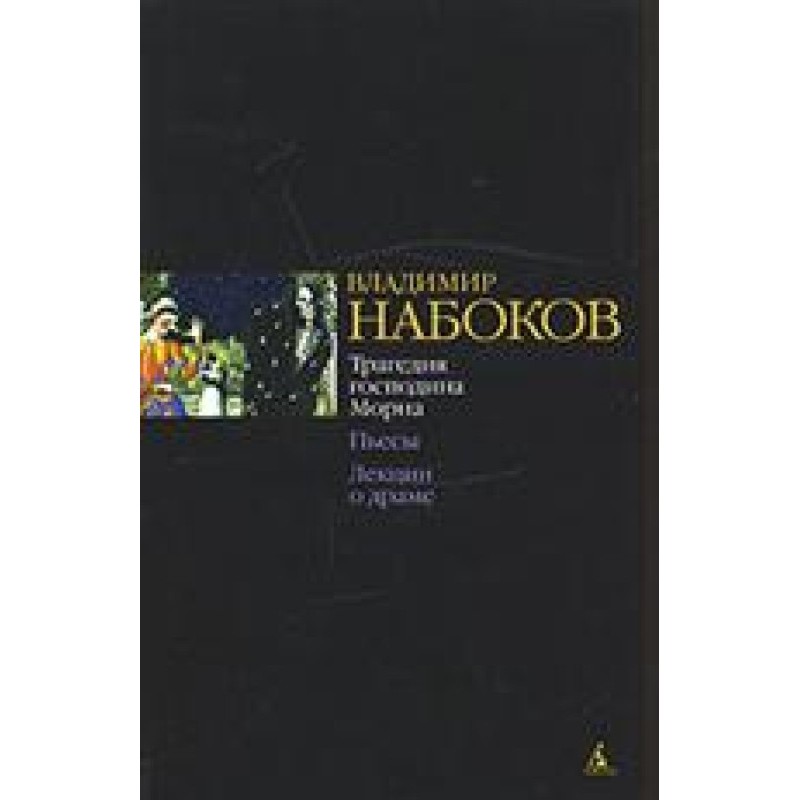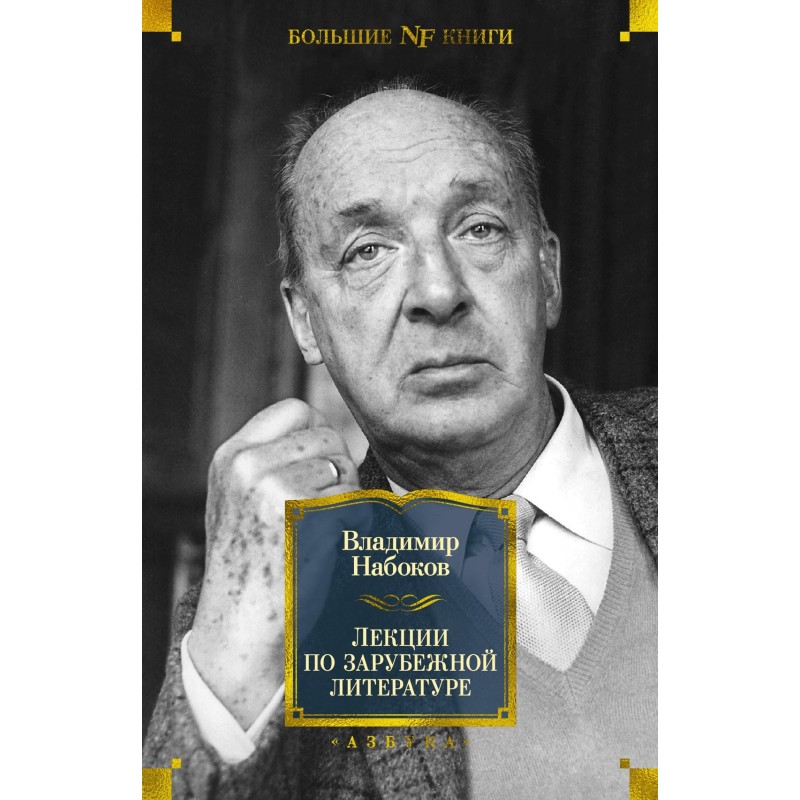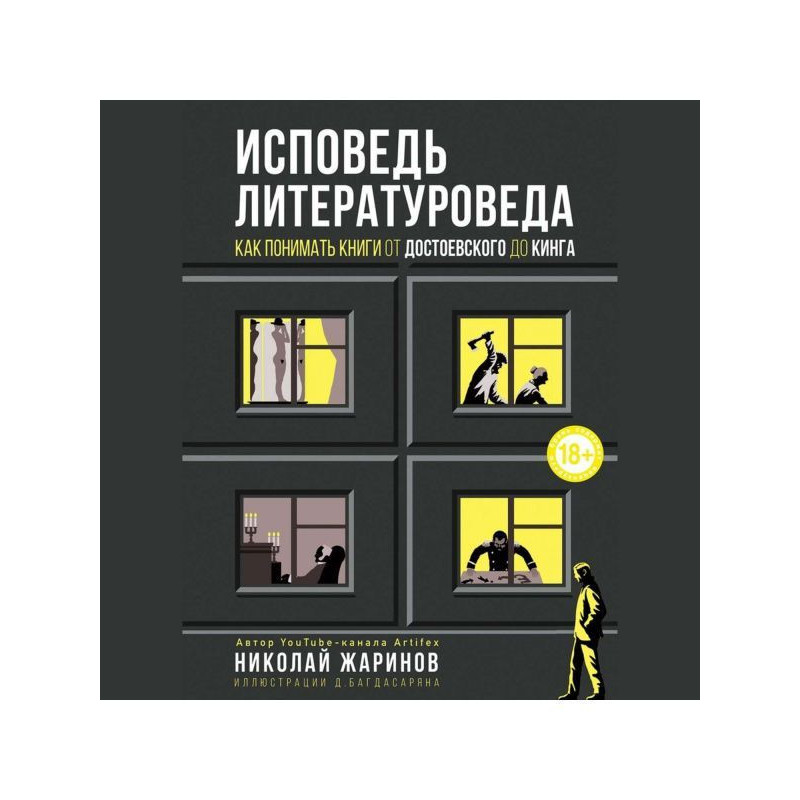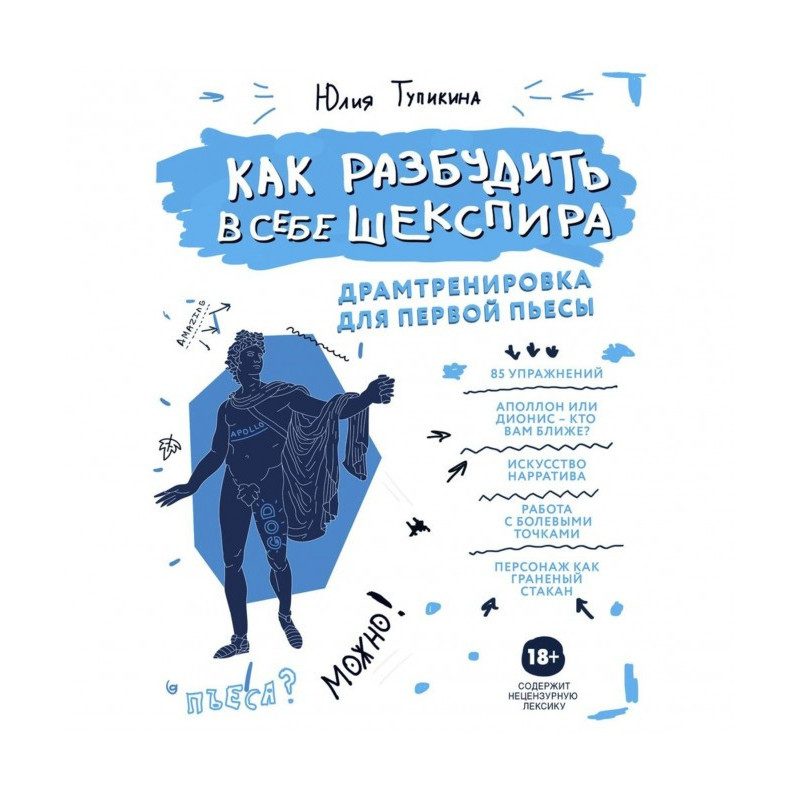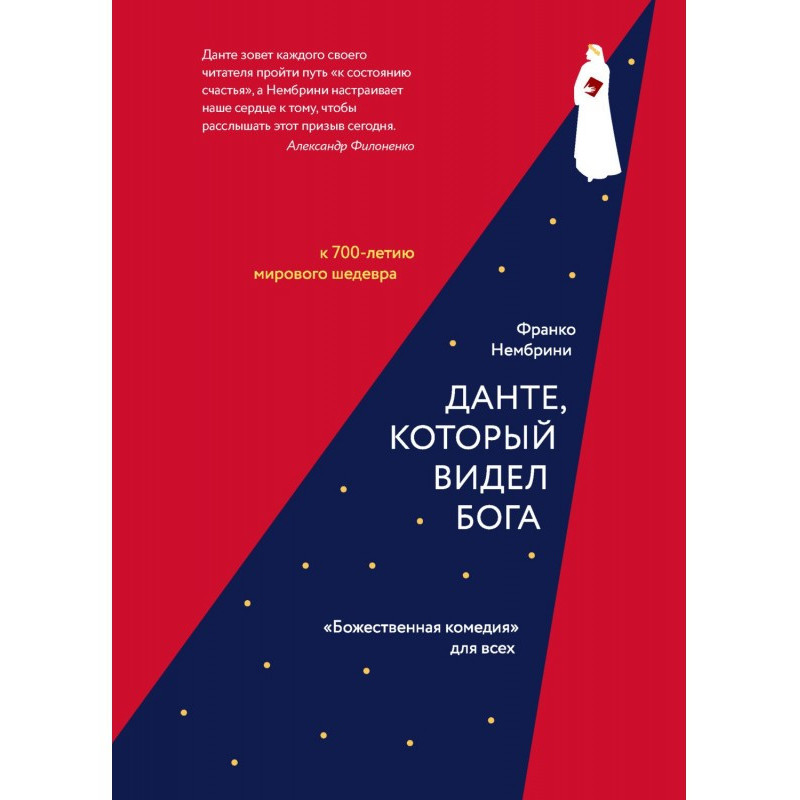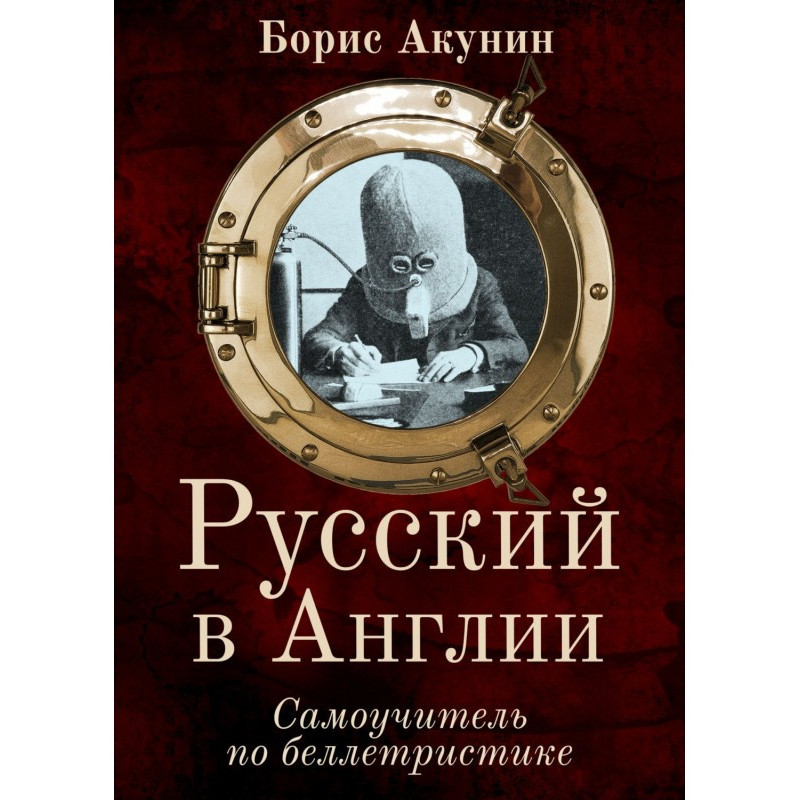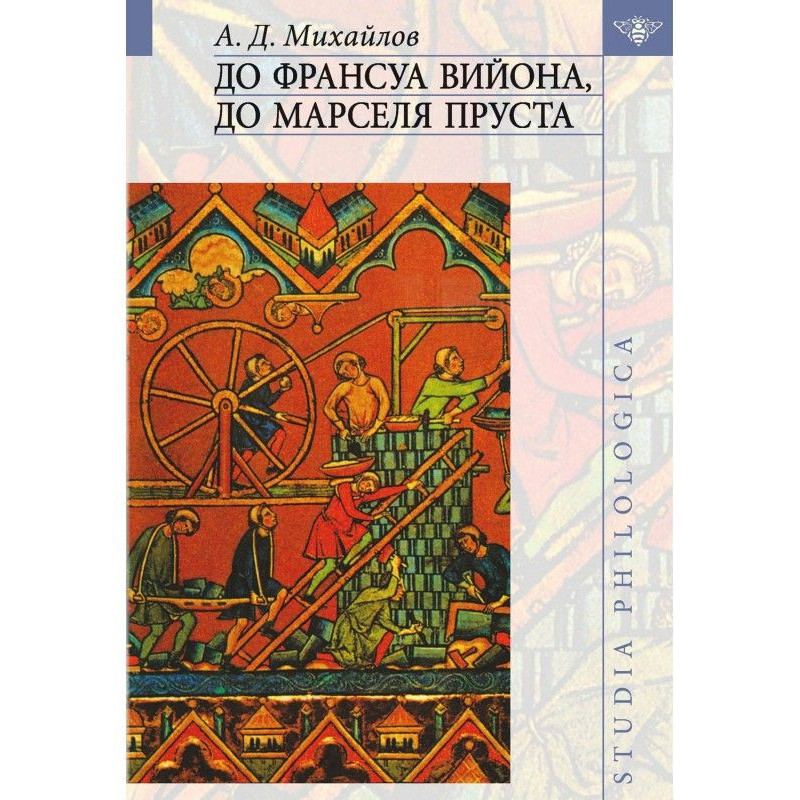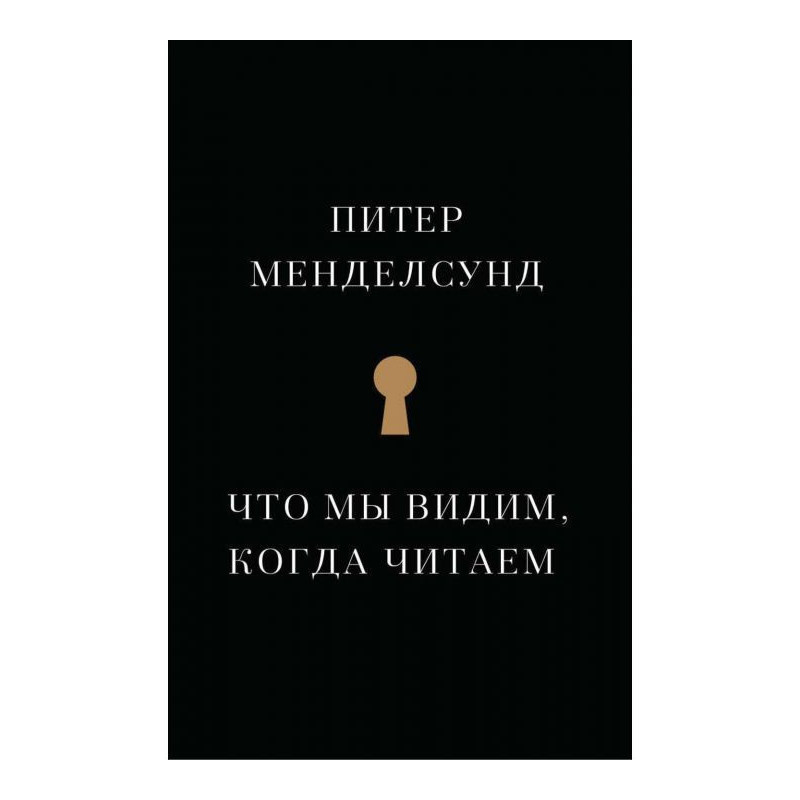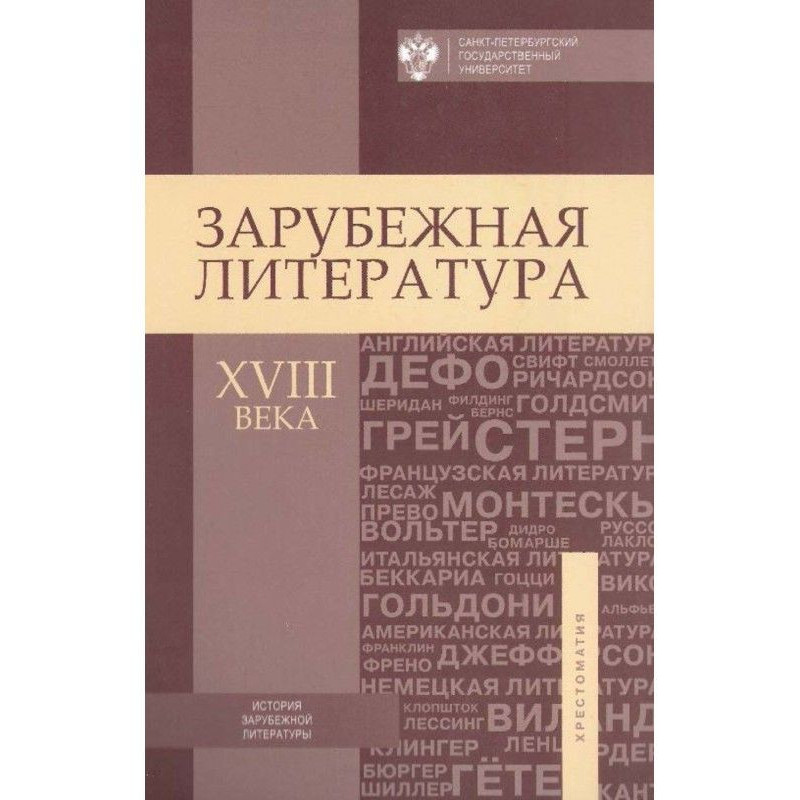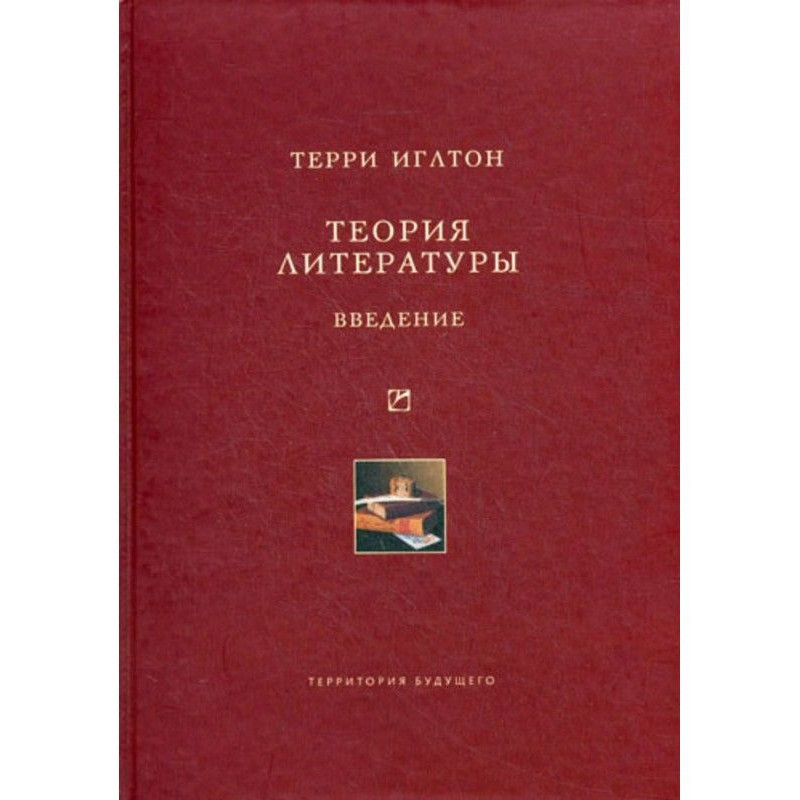Lectures on Don Quixote
 Instant download
Instant download
after payment (24/7)
 Wide range of formats
Wide range of formats
(for all gadgets)
 Full book
Full book
(including for Apple and Android)
A series of lectures on the famous novel by Cervantes “Don Quixote”, read by the greatest Russian-American writer of the twentieth century, Vladimir Nabokov, at Harvard University in 1952 and published posthumously as a separate book in 1983, complements the lecture courses on Russian and foreign literature prepared by them previously for students at Wellesley College and Cornell University. Always happy to challenge conventional wisdom and hackneyed truths, Nabokov the lecturer presented Cervantes's work as a "rough old book" full of "merciless Spanish cruelty," and its title character - not only as a victim of mockery and humiliation from a hostile world, but also as a target for hidden reader ridicule. At the same time, according to Nabokov, in the perception of subsequent generations, Don Quixote outgrew the role of a pathetic, helpless jester, initially assigned to him by the author, and became a symbol of sublime and holy madness, the personification of noble loneliness, selfless valor and true humanism, while the book itself turned into a “well-behaved and a bizarre myth” about the relationship between appearance and reality. An insightful, meticulous and defiantly biased researcher, Nabokov masterfully subverts and at the same time convincingly confirms the cultural reputation of Don Quixote - the “knight of the sad image”, which has developed over four and a half centuries.
Data sheet
- Name of the Author
- Владимир Набоков Владимирович
- Language
- Russian
- Translator
- Григорий Михайлович Дашевский
Инна В. Берштейн
Марк Артурович Дадян
Наталья Георгиевна Кротовская
Reviews
Неймовірний аналіз класики літератури
Ця книга є справжнім скарбом для всіх, хто цінує літературу та її глибокий аналіз. Лекції Володимира Набокова про «Дон Кіхота» відкривають нові горизонти сприйняття цього знаменитого роману Сервантеса. Його унікальний підхід до тексту, де він сміливо оспорює загальноприйняті думки, дозволяє читачеві поглянути на «Дон Кіхота» з абсолютно нового ракурсу. Набоков вміло розкриває жорстокість і абсурдність світу, в якому живе головний герой, і показує його не лише як жертву, а й як символ благородства та гуманізму. Його проникливий аналіз, доповнений особистими спостереженнями та іронічними коментарями, робить цю книгу не лише навчальним посібником, а й захоплюючим літературним твором. Рекомендую всім, хто хоче заглибитися в літературу та зрозуміти, чому «Дон Кіхот» залишається актуальним і сьогодні!

